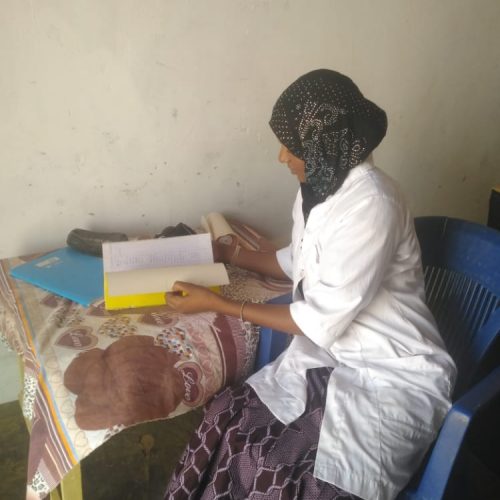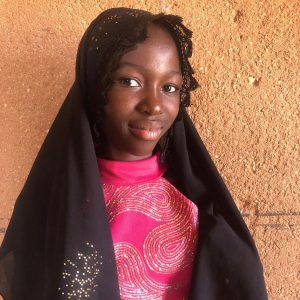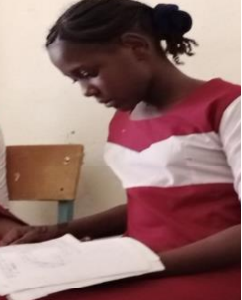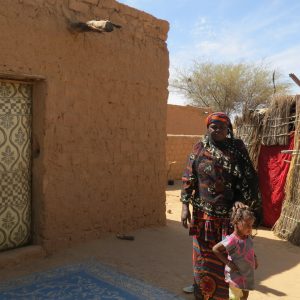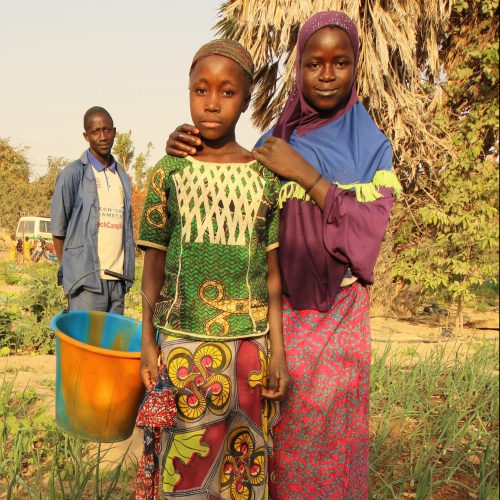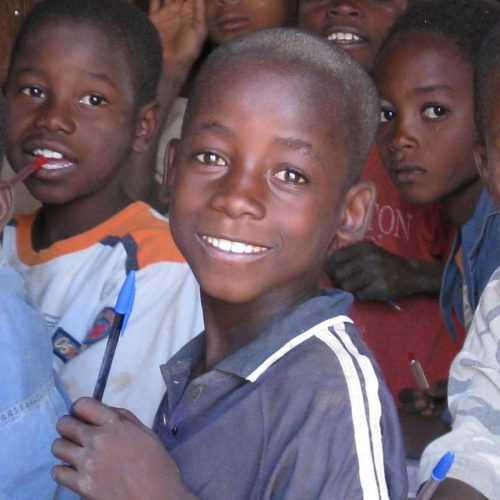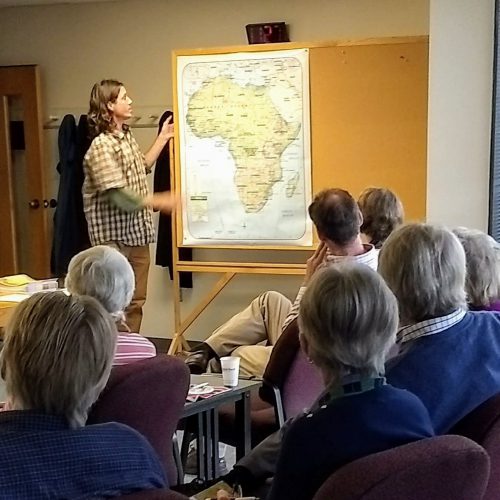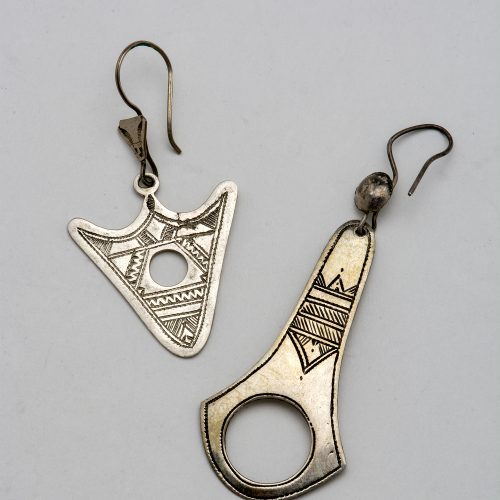Naoude Doulla comes from the ethnic minority group, Peulh-Wodaabe. Among Nigeriens, the Peulh have some of the lowest rates of education and literacy. Naoude beat the odds, completed her education, and has spent the last 3 years working as a nurse. This is her story:
Naoude completed elementary school in the rural village of Tagdoumt. By the time she graduated, her parents had already promised her in marriage to a young man in their village. Fortunately, Naoude had the opportunity to attend middle school through RAIN’s Agadez Learning Center.
The experience changed Naoude’s life in many ways. When she came to Agadez, it was the first time she had ever been to a city. She says,
“When I arrived, I was so amazed by the different houses stacked on top of each other. There were many vehicles, lights everywhere as if it was always daytime, and water within arm’s reach.”
She was also struck by the diverse presence of many of Niger’s ethnic groups, not only Peulh, like her own community, by Tuareg, Hausa, Zarma, and more.
This experience opened Naoude’s eyes. During her time there, she says she learned from RAIN’s staff about the importance of education and how education can impact a young girls’ prospects. In part, these conversations helped Naoude to realize her fiancé was not the person she wanted to spend her life with. She convinced her mother and together they lobbied her father to prevent the marriage and enable her to continue her studies.
Naoude’s father agreed… under one condition. He told Naoude that if she passed her BEPC (the middle school final exams), that he would support her in ending the engagement and finding another partner of her own choosing. This was the opening that Naoude needed to pursue her dreams. She says,
“Guided by my determination, I obtained my BEPC and I was supported by my father. He then financed my first two years studying at a Private Health Institute. RAIN provided me with a scholarship for my final year of studies. I earned my health diploma and began an internship. During this period, I met a man and we fell in love. He asked my parents for my hand and we got married. Now, I am a mother. My husband built a house for a family as well as a place for me to work. I created my own pharmaceutical depot, where I tend to those who are ill and make a daily income of 30,000F. Together, with my husband, we have also set up a drinking water point in the village.”

